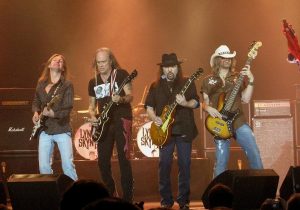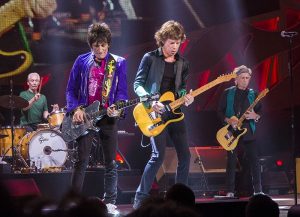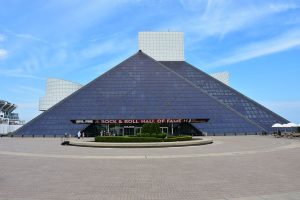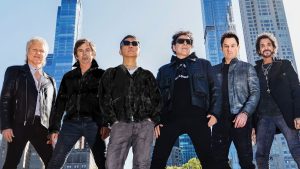Double Trouble or Double Fraud? Lynyrd Skynyrd and Foreigner Hit the Road with Zero Original Members
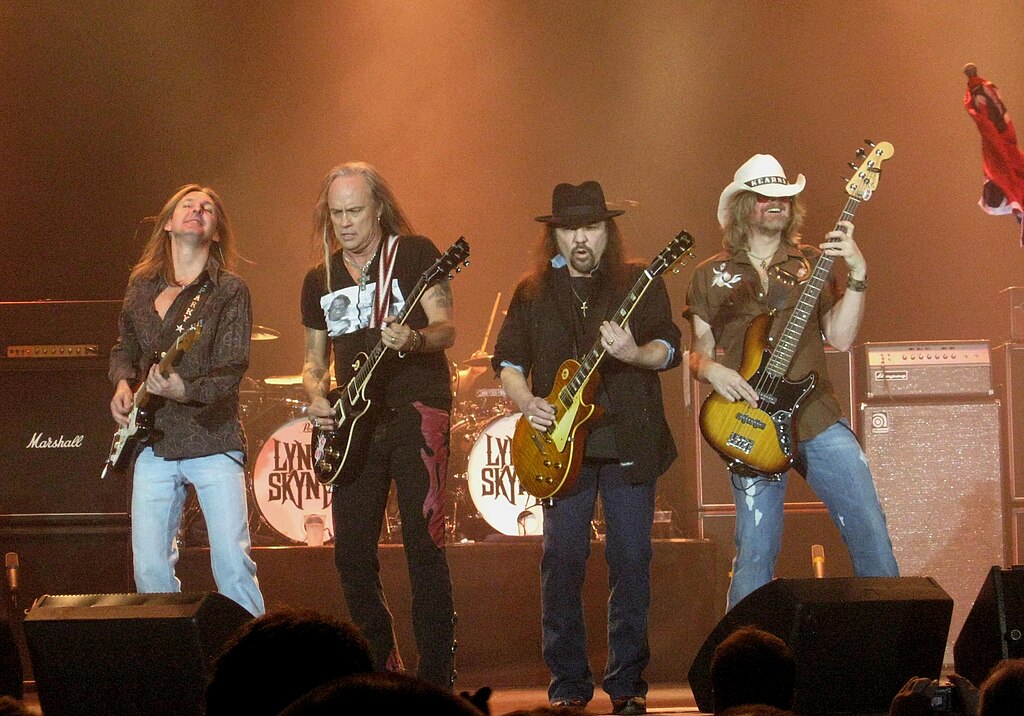
Classic rock fans recently received some exciting news: Lynyrd Skynyrd and Foreigner, two pillars of 1970s arena rock, announced a co-headlining summer 2026 tour titled “Double Trouble Double Vision.” The 19-date North American trek, produced by Live Nation, kicks off July 23 in Atlanta and wraps August 29 in Rogers, Arkansas, promising a night of Southern grit and polished anthems like “Sweet Home Alabama,” “Free Bird,” “Juke Box Hero,” and “Cold as Ice.”
Beneath the hype, however, lies a growing controversy: when these bands take the stage next year, not a single original member from either group’s classic era will perform. Lynyrd Skynyrd’s last founding member, guitarist Gary Rossington, died in 2023 and Foreigner’s sole remaining original, guitarist and founder Mick Jones, has not toured since 2023 due to Parkinson’s disease. This has sparked heated debates online and in music circles, with critics labeling it the “Ship of Theseus Tour”—a philosophical nod to whether something retains its identity after all original parts are replaced.
This announcement seems to have spawned a bit of a backlash. Some fans are calling the tour “tribute bands in disguise” who are cashing in on nostalgia. Media outlets like The Boston Globe bluntly stated, “Live Nation isn’t fooling anyone. The lineups… are Lynyrd Skynyrd and Foreigner in name only.” Even Parade magazine highlighted the irony: two Rock & Roll Hall of Fame acts reduced to “legendary… with no original members.”
Lynyrd Skynyrd’s story is one of rock’s greatest tragedies and is a story everyone from that era is familiar with. Formed in Jacksonville, Florida, in 1964 as My Backyard, the band, featuring Ronnie Van Zant (vocals), Gary Rossington, Allen Collins, Larry Junstrom, and Bob Burns, exploded onto the scene in the 1970s with Southern rock staples that can still be heard on classic rock radio stations today. The infamous 1977 plane crash in Mississippi resulted in the deaths of Ronnie Van Zant and guitarist Steve Gaines effectively ending the original lineup.
The band reformed in 1987 as a tribute tour, with Ronnie’s brother Johnny Van Zant on vocals and survivors like Rossington carrying the torch. Over decades, members cycled out due to death, retirement and other reasons. Rossington, the last original, passed in 2023, leaving a lineup of Johnny Van Zant (since 1987), Rickey Medlocke (briefly in the early ’70s, full-time since 1996), and newer additions like Damon Johnson and Robbie Harrington.
Defenders of the current line-up argue continuity: Johnny has fronted for nearly 40 years, longer than Ronnie, and Medlocke overlaps with the pre-crash era. As one fan noted, “The lead singer was in the band with original members while they were still alive.” The Rossington estate approved continuing the name, honoring Gary’s wish to keep the group’s music alive.
Foreigner, formed in 1976 by British guitarist Mick Jones with Lou Gramm, Al Greenwood, Ed Gagliardi (bass), Dennis Elliott (drums), Al Greenwood (keyboards) and Ian McDonald (multi-instrumentalist). Foreigner dominated the late ’70s and ’80s with a string of melodic rock hits. Lineup changes plagued the group early on with Gramm departing and rejoining numerous times while Jones remained the constant.
By the 2000s, Jones rebuilt with hired guns like Kelly Hansen (vocals since 2005) and Jeff Pilson (bass since 2004). Hansen retired in late 2025, replaced by Luis Maldonado. Jones, battling Parkinson’s, hasn’t toured since 2023 and is notably absent from the 2026 dates. The current lineup consisting of Pilson, Maldonado, Michael Bluestein, Bruce Watson, and Chris Frazier, has no ties to the original era and that has not gone unnoticed.
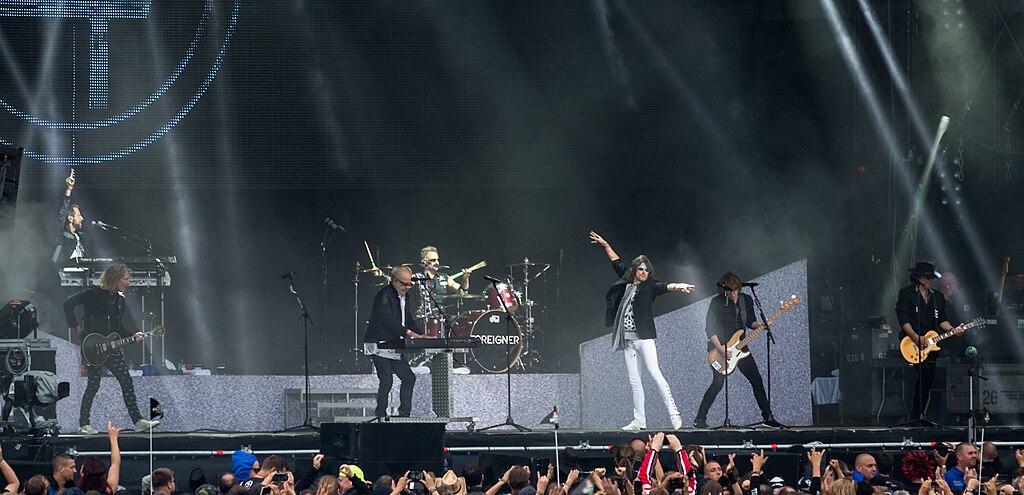
Jones retains ownership and creative control offstage, and occasional guest spots by Gramm maintain a faint link to the past and the group’s glory days. Despite that connection, critics call it a “cover band” profiting from Jones’ songs.
This kind of controversy is a far cry from a new phenomenon. Rock has long grappled with so-called “zombie bands,” defined as acts touring under historic names with little or no original DNA. Examples are not to find:
– Yes tours with guitarist Steve Howe (joined 1970) as the lone classic-era holdover.
– The Beach Boys splintered, with Mike Love touring under the name sans Brian Wilson.
– Motown groups like The Temptations and Four Tops often have one or zero originals.
– Extreme cases include The Platters or Drifters, with multiple fake versions due to trademark battles.
The debate boils down to the “Ship of Theseus” paradox: If you replace every part of a ship, is it still the same ship? Purists say no, and seeing a band without founders feels deceptive, like paying for The Beatles minus Lennon/McCartney/Harrison/Starr. Some say it commodifies nostalgia and that it is prioritizing profit over artistry. As one critic wrote, “It’s tribute acts with better marketing.”
On the flip side, proponents argue music is about the songs, not the players. These lineups often include veterans who’ve played the hits for decades, delivering high-energy shows to multigenerational crowds. For Skynyrd, it’s honoring lost brothers; for Foreigner, extending Jones’ vision. In an era where streaming revives catalogs but touring pays bills, ending the band means fading into obscurity.
Economically, it’s undeniable: Classic rock tours rake in millions. Fans vote with wallets and many of them know the history but opt to attend the shows for the experience, singalongs, and escape.
The “Double Trouble Double Vision” tour will likely sell out the same way may similar classic tours have, proving that demand trumps purism for casual fans. Johnny Van Zant enthused, “Lynyrd Skynyrd and Foreigner together, it doesn’t get much better,” while Foreigner’s Jeff Pilson promised fans stages that are “set on fire.”
Yet the controversy underscores rock’s aging crisis. As original members retire or pass on, where’s the line between legacy and exploitation? For some, it’s fraud and for others, evolution. One thing’s certain: In 2026, “Free Bird” and “I Want to Know What Love Is” will echo in cavernous amphitheaters, performed by stewards, not creators. Whether that’s celebration or cash-grab depends on your view of rock’s soul.
